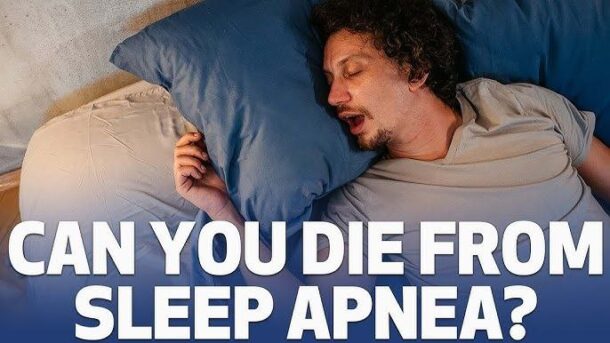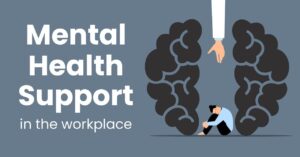Sleep Apnea: A Silent Threat to Public Health
In the realm of sleep disorders, few afflictions pose a greater threat to one’s overall well-being than Sleep Apnea. This insidious condition, characterized by repeated episodes of paused breathing during sleep, has been linked to a plethora of alarming consequences, including cardiovascular disease, cognitive impairment, and even mortality.
Definition and Prevalence
Sleep Apnea, also known as Obstructive Sleep Apnea (OSA), is a chronic disorder that affects an estimated 4% of the adult population in the United Kingdom. It is defined as the cessation of airflow at the nostrils or mouth for at least 10 seconds, accompanied by a lack of chest movement or decreased blood oxygen levels. This recurring phenomenon can occur hundreds of times throughout the night, disrupting the normal sleep-wake cycle and leading to excessive daytime somnolence.
Causes and Risk Factors
The causes of Sleep Apnea are multifaceted and often complex. Obesity, particularly around the neck and throat, is a significant risk factor, as it can lead to excess tissue obstruction of the airway. Other contributing factors include:
– Family history: Individuals with a first-degree relative suffering from Sleep Apnea are more likely to develop the condition themselves.
– Age: The prevalence of Sleep Apnea increases significantly with age, particularly after the age of 40.
– Gender: Men are more likely to be affected by Sleep Apnea than women, although this disparity is narrowing with increasing rates among women.
– Genetics: Certain genetic traits, such as a narrow airway or large tongue, may predispose an individual to developing Sleep Apnea.
Symptoms and Consequences:
The symptoms of Sleep Apnea can be subtle and easily overlooked, leading to delayed diagnosis and treatment. Common indicators include:
– Loud snoring
– Pauses in breathing during sleep
– Gasping or choking sensations
– Morning headaches
– Fatigue and excessive daytime sleepiness
– Difficulty concentrating
If left untreated, Sleep Apnea can have devastating consequences on an individual’s quality of life and overall health. These may include:
– Cardiovascular disease: The repetitive stress of disrupted breathing can lead to hypertension, cardiac arrhythmias, and increased risk of heart failure.
– Cognitive impairment: Sleep Apnea has been linked to reduced cognitive function, including decreased memory and attention span.
– Increased risk of mortality: Studies have shown that individuals with untreated Sleep Apnea are at a higher risk of premature death.
Diagnosis and Treatment
Diagnosis of Sleep Apnea typically involves a combination of clinical evaluation, physical examination, and overnight polysomnography (PSG) or home sleep testing (HST). Treatment options vary depending on the severity of the condition and may include:
– Lifestyle modifications: Weight loss, exercise, and avoidance of alcohol and sedatives.
– Oral appliances: Mandibular advancement devices that reposition the jaw to keep the airway open.
– Continuous Positive Airway Pressure (CPAP) therapy: A device that delivers a constant flow of air pressure to keep the airway open.
– Surgery: In severe cases, surgical procedures such as tonsillectomy or uvulopalatopharyngoplasty may be necessary.
Conclusion
Sleep Apnea is a pervasive public health concern that demands attention and action. Its far-reaching consequences underscore the importance of early diagnosis and effective treatment. By increasing awareness of this condition and promoting education among healthcare professionals, we can work towards reducing the impact of Sleep Apnea on individuals and society as a whole.
References:
https://www.mayoclinic.org/diseases-conditions/sleep-apnea/symptoms-causes/syc-20377631
https://my.clevelandclinic.org/health/diseases/8718-sleep-apnea
https://www.webmd.com/sleep-disorders/sleep-apnea/sleep-apnea
Websites:
Britmed Healthcare: https://britmedhealthcare.co.uk/
Nightingale Hospital: https://www.nightingalehospital.co.uk/
You can also book on Top Doctors UK Contact us on WhatsApp 08009708017
Top Doctors: https://www.topdoctors.co.uk/doctor/ahmed-el-missiry




